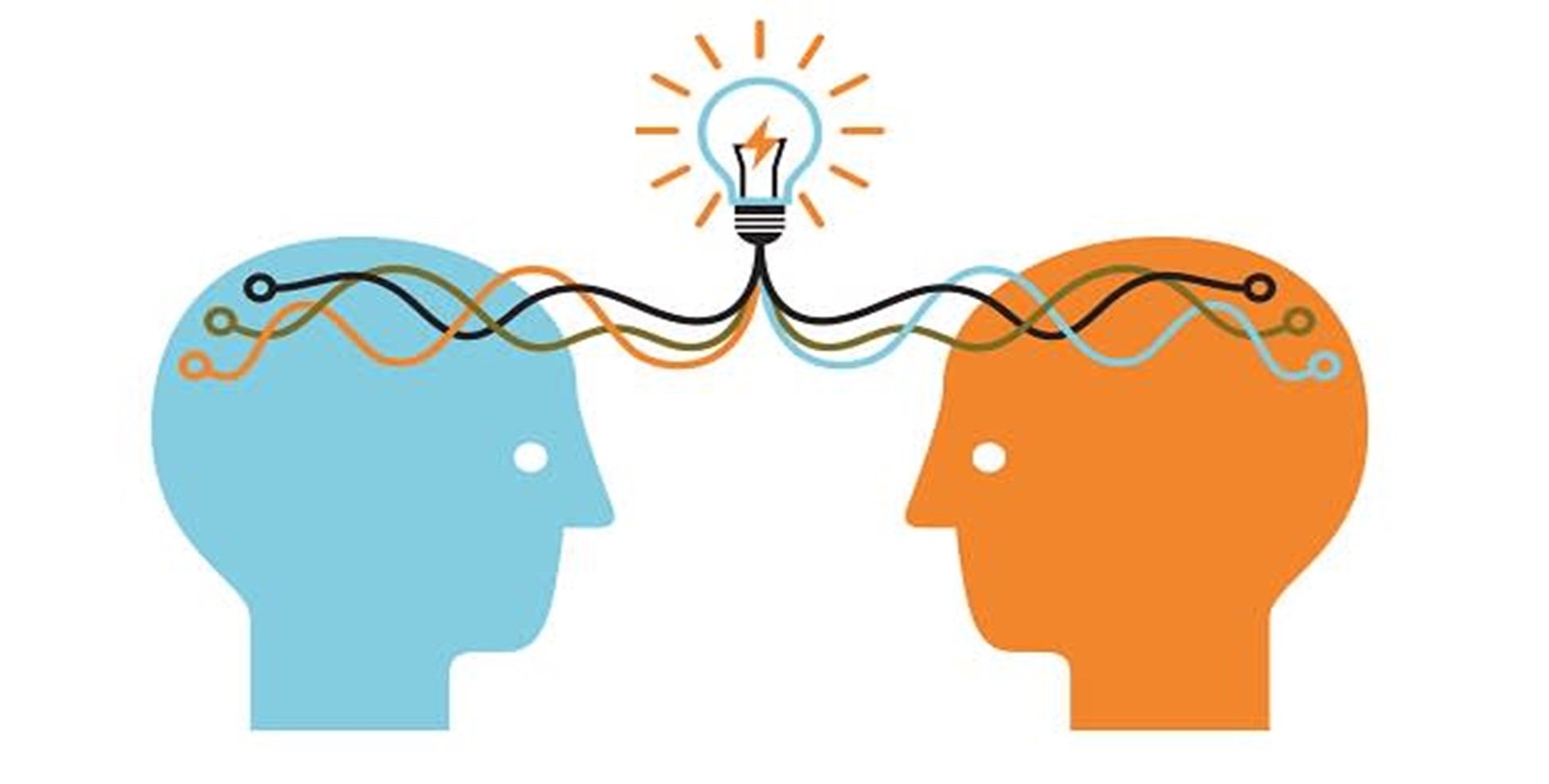

The Importance of Listening in Coaching
- Mar 23rd 2022
“A senior leader, let’s name him A, was part of a 4-5 hour strategy call with 2 other fellow leaders (B&C, respectively). During this call, A was constantly getting frustrated with C as he realised A & B were doing the talking and C seemed to be a cold presence on the call. However, A let his biases trickle in too quick, as at the end of the call C asked and suggested something so powerful, it clearly displayed how C was not only listening, but actively listening.”
There is a common misconception that during communication, speaking is the active function and listening is the passive one. Listening, however, is known to be one of the strongest tools for a good communicator, in every field. In coaching, specifically, active listening is paramount to be able to successfully help one’s client.
Listening is described as paying attention to someone. But in the world of coaching, there is a specific type of listening that is important for coaches, active listening. It is defined as a technique of careful listening and observation of non-verbal cues with the ability to accurately paraphrase. It is a way of responding to the client to improve mutual understanding. It is almost like listening with all your senses, hearing the words, sensing a shift in body language or mood…
As a coach, the first step towards being of help to one’s client, is to understand. Unless a coach is aware of the exact nature and meaning behind what the client is saying or trying to resolve, the coach will not be able to provide the correct help. Relevant and powerful questioning cannot arise in the moment if there has not been an attentive and deep process of listening. Hence, active listening helps coaches draw out the core of the issue to solve problems with more depth.
A client approaches a client to improve the quality of their thinking, or to resolve a pressing issue for them. Hence, if the increased quality in the client’s life depends on the coaches’ ability to pay attention and understand why the client is in the session, then active listening as part of coaching is paramount. A coach who is truly skillful in this can enable wondrous things for the client such as transforming their vision, the way they approach situations which may be difficult. So once the outlook is transformed, the sky is the limit.
While it may sound easy on paper, building active listening skills takes time and effort. There are many resources which help provide tips and ways to build these skills. The tip I find the most important is understanding where one stands on active listening. Everyone has different strengths and areas of development and listening is not everyone’s strong skillset. In such situations, coaches must preach what they teach, i.e. increase the awareness of the need to develop, transform their vision and then take a step towards building this skill. Acceptance is not like a lightbulb that can go on or off, it is a process. I, too, am in the process of accepting my need to develop this skillset by being able to pick up non-verbal cues.
- Author name: Priyanka Sethi
- Title of blog: The importance of listening in coaching
- About the author: Priyanka is an organisational psychologist, who is currently working at Korn Ferry as a HR consultant. She has been driven by passion throughout her career and hopes to follow this passion
- Program Attended with CTT: ACC Training
- Reason for taking the program: To follow the path of passion to help people on a more 1:1 basis to create impact for them as well as
- What worked well: Deep diving into the makings of a good coach and practice coaching sessions
- What benefits you got: Increased confidence and increased knowledge









0